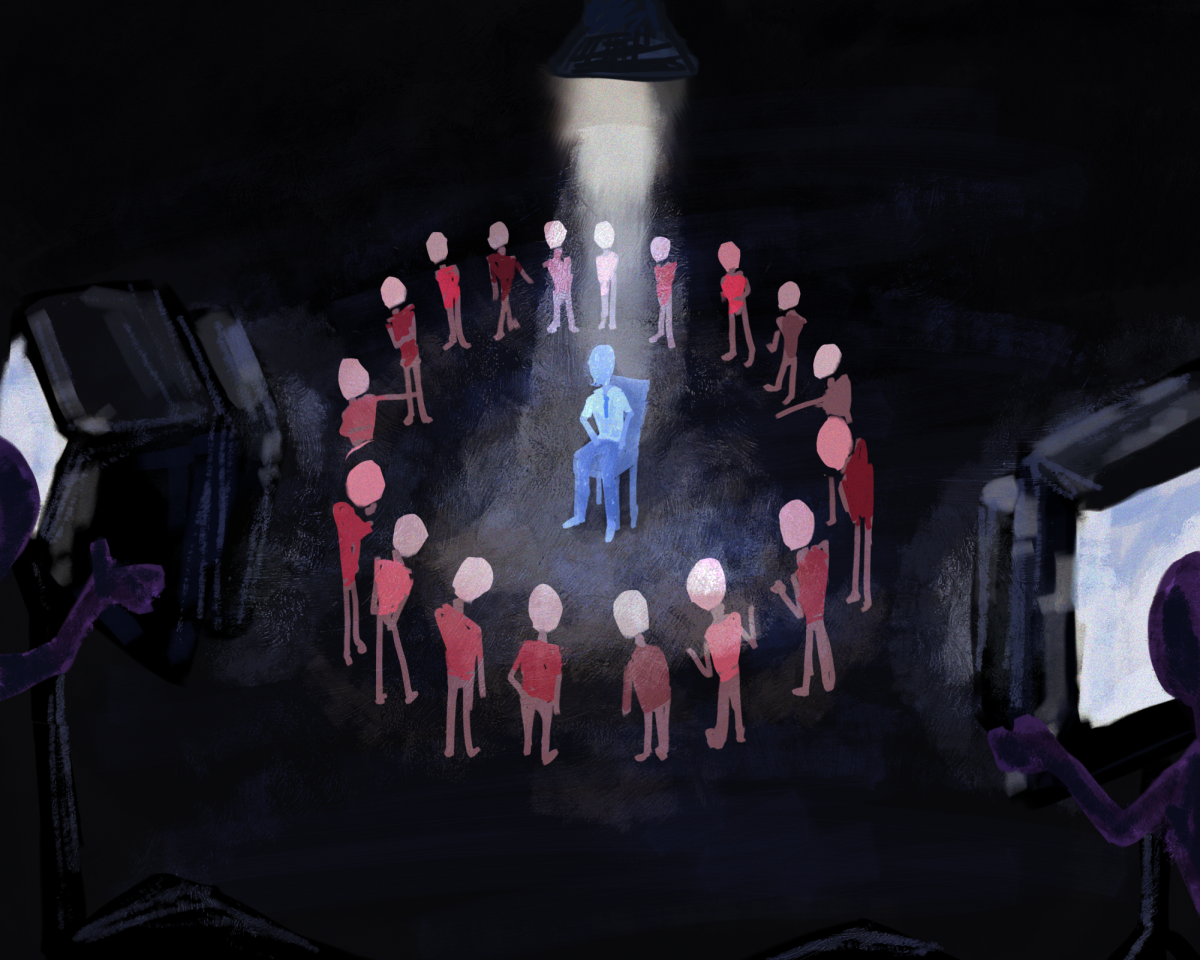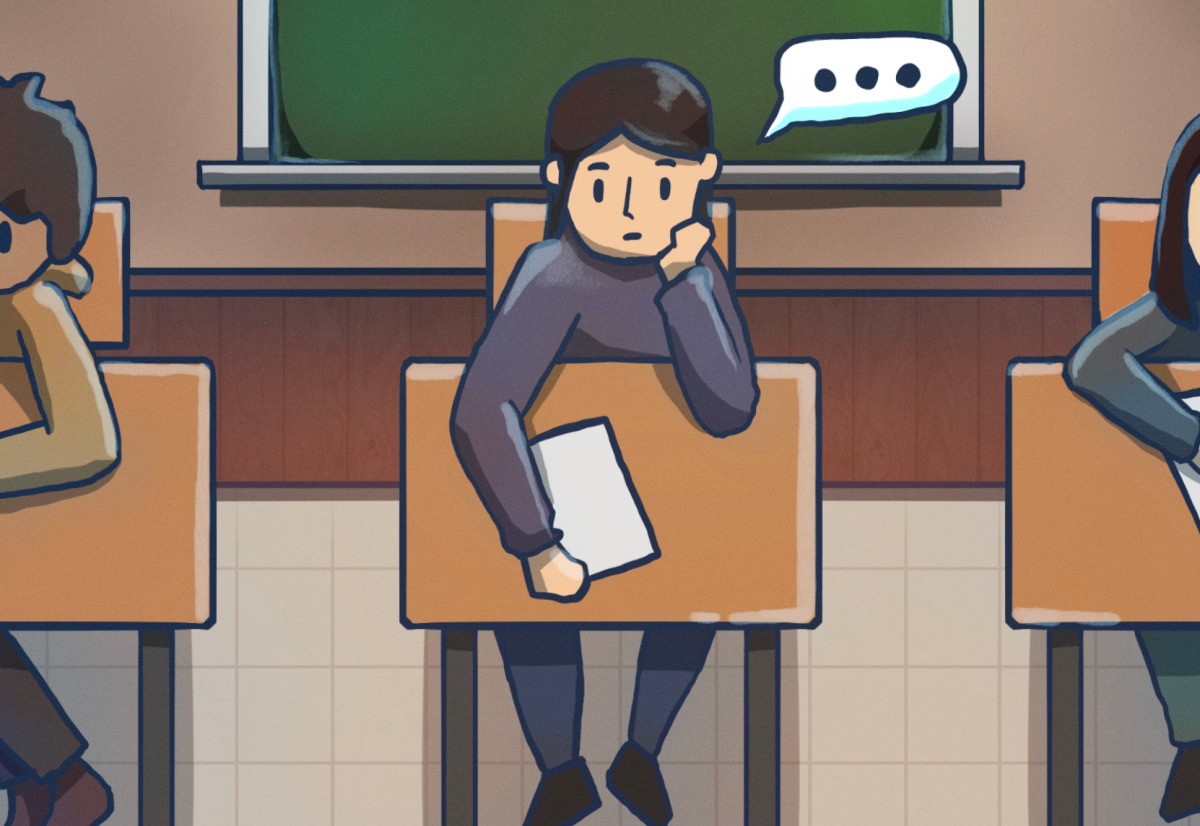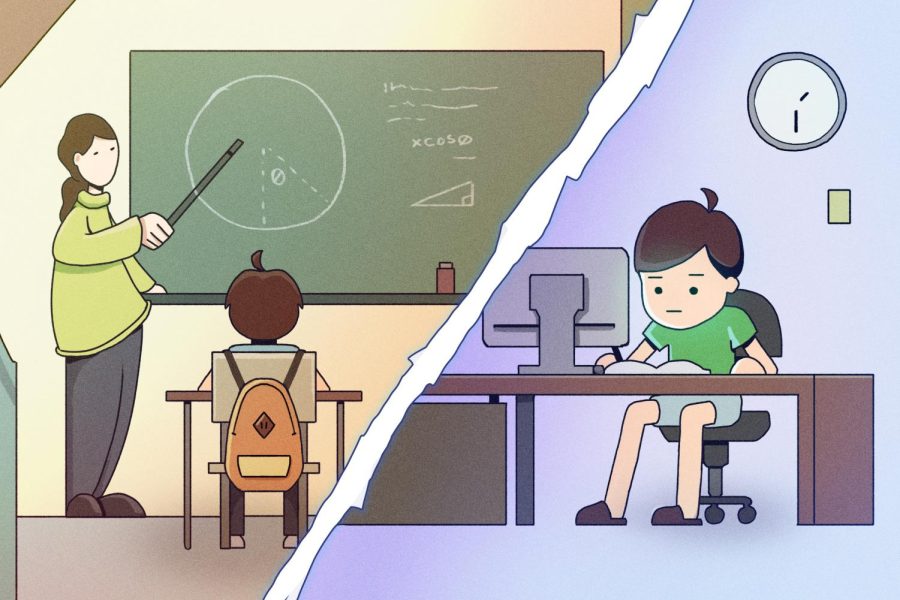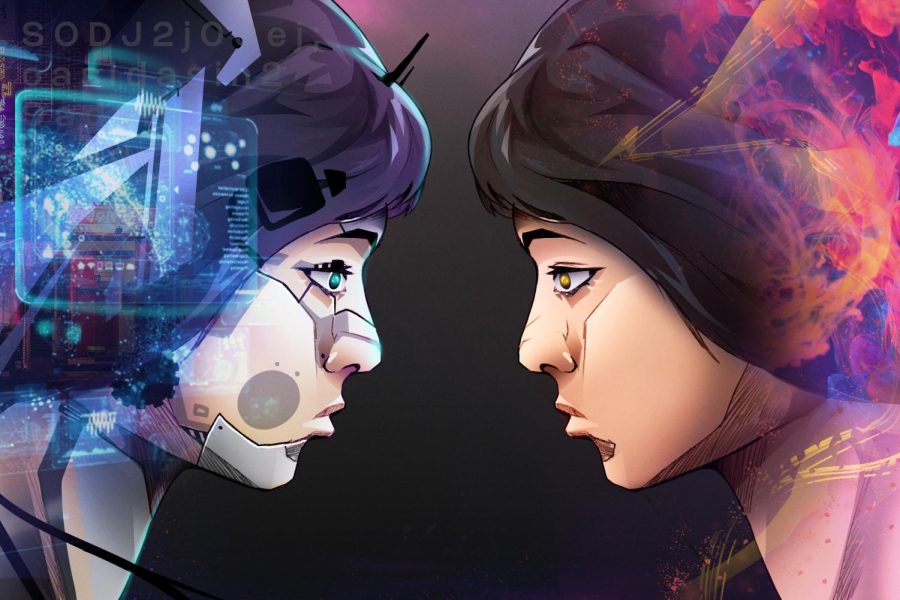It was the final days of summer when “Black Myth: Wukong” — a new video game taking place in ancient China — entered the spotlight. Immediately adored by fans, users play as a monkey named “the destined one,” journeying to revive Sun Wukong, an entity that has achieved a Buddhist state of enlightenment. The game brings to life the legends and atmosphere of ancient China.
The set of combat mechanics of “Black Myth: Wukong” is characterized by its versatility and complexity. Unlike games with restricted combat like “For Honor” and “Star Wars Jedi: Fallen Order,” “Wukong” allows the player creative control. The increased choices a player can make lets them customize the game’s combat to their own playing style. The range of play found in combat paired with other game mechanics helps shape the game into a uniquely meldable experience for players, contributing to the sustained popularity of the game.
When Game Science released “Wukong”, critics jumped to find fault in the game. The critiques included everything from the game being too difficult to lacking character diversity. Many critics were quick to write the game off as a failure. However, once the general public got a hold of it they loved it. “Wukong” went on to sell 18 million copies in two weeks, making it one of the fastest-selling games of all time.
The discrepancy between critics’ and consumers’ reviews of “Wukong” highlights an issue that threatens the future of video games. “Wukong” is novel in its story ideas, production, graphics and lack of extra material. Critics should reconnect with audiences to accurately reflect the voice of the gaming community and hold companies accountable for the games they produce.
If the reliability of a pillar in the industry is to be maintained, the large difference between audience and critic reactions needs to change.
Critics have been a staple of the entertainment industry for decades, doing a great deal of work, specifically in their effort to judge movies and entertainment for their social representation. The issue is that critics’ ratings drastically differ from those of audiences, the people they aim to represent.
The lowering of interest in events like the Oscars, whose viewership has steadily declined throughout the past two decades, is a symptom of this difference. Many credit studios’ disrespect for specific genres and their saturation of political narratives as the reason for this decline in viewership.
Critics are still a staple in entertainment, but to remain a credible source of judgment on entertainment, they must reconnect with the audiences they represent by increasing their interaction with the communities they represent.

















